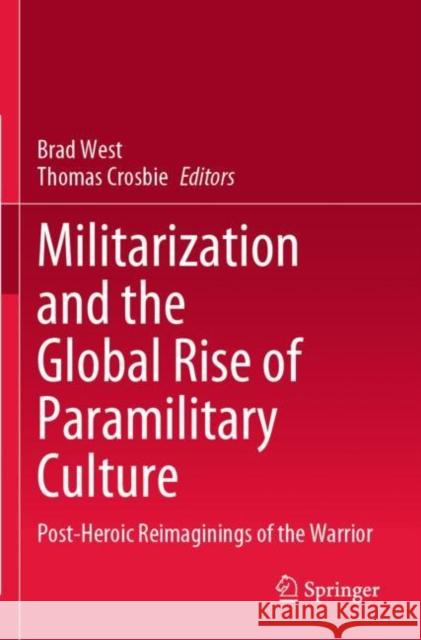Militarization and the Global Rise of Paramilitary Culture: Post-Heroic Reimaginings of the Warrior » książka
topmenu
Militarization and the Global Rise of Paramilitary Culture: Post-Heroic Reimaginings of the Warrior
ISBN-13: 9789811655906 / Angielski / Miękka / 2022
Militarization and the Global Rise of Paramilitary Culture: Post-Heroic Reimaginings of the Warrior
ISBN-13: 9789811655906 / Angielski / Miękka / 2022
cena 539,74 zł
(netto: 514,04 VAT: 5%)
Najniższa cena z 30 dni: 535,99 zł
(netto: 514,04 VAT: 5%)
Najniższa cena z 30 dni: 535,99 zł
Termin realizacji zamówienia:
ok. 20 dni roboczych.
ok. 20 dni roboczych.
Darmowa dostawa!
This edited book demonstrates a new multidimensional comprehension of the relationship between war, the military and civil society by exploring the global rise of paramilitary culture. Moving beyond binary understandings that inform the militarization of culture thesis and examining various national and cultural contexts, the collection outlines ways in which a process of paramilitarization is shaping the world through the promotion of new warrior archetypes. It is argued that while the paramilitary hero is associated with military themes, their character is in tension with the central principals of modern military organization, something that often challenges the state’s perceived monopoly on violence. As such paramilitization has profound implications for institutional military identity, the influence of paramilitary organizations and broadly how organised violence is popularly understood











